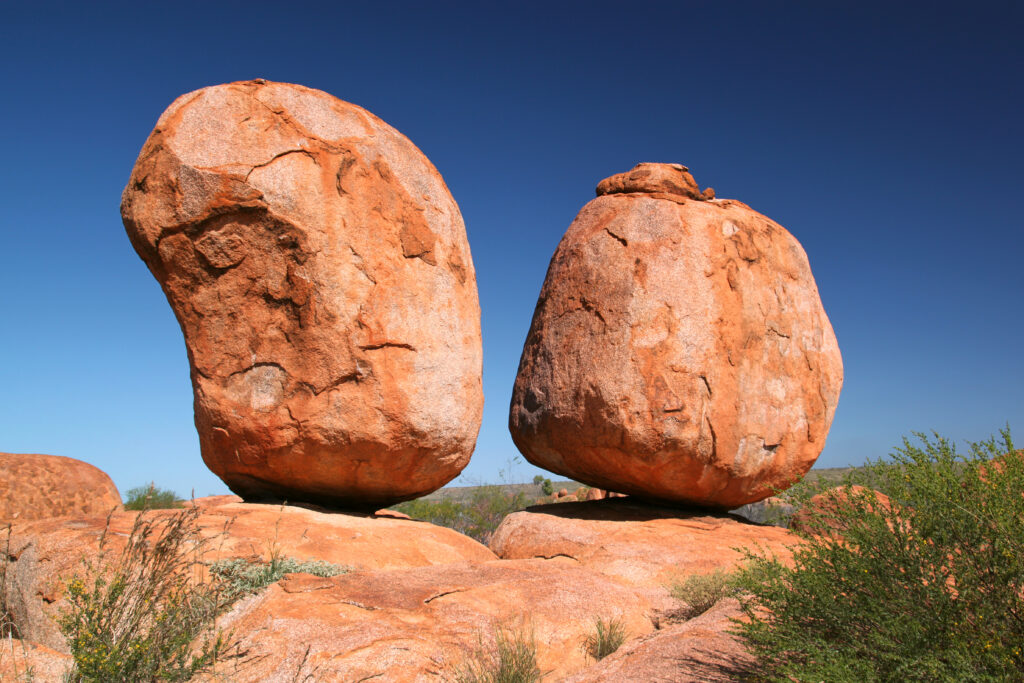Listening to First Nations voices at the Alice Springs summit
Neurologist, Dr Angela Dos Santos reports on the summit.

As co-lead of Darak, and senior clinical research fellow with the Australian Stroke Alliance, I was pleased to be part of the first of our stroke summits, to meet with the eight Aboriginal Liaison Officers (ALOs) and the Aboriginal Partnership Support Unit from Alice Springs Hospital. The meeting took place at Mparntwe (Alice Springs), on Arrernte Country.
Meeting with people face to face, on Country, is an important part of relationship building. While those from capital cities think of Central Australian communities as remote, for the people who live there, it is where they are connected to Country and is simply home. For people in these communities, it’s the big city hospitals and the people who make decisions there that seem remote. As both a neurologist and an Aboriginal woman, I understand the importance of building relationships on the ground with the people who know their communities and families best, and who can articulate their needs and priorities.
We know that the incidence of stroke is higher in Aboriginal communities and occurs across younger age groups. The work of the Australian Stroke Alliance aims to reduce the inequity of access to care for Aboriginal and Torres Strait Islander peoples impacted by stroke across the country.
Dr Anna Holwell, senior staff specialist and head of the Department of Medicine at the Central Australian Health Service, is a strong advocate and ally in Indigenous health research and care. Having embraced the Darak framework, Anna brought together the Aboriginal Liaison Officers and Aboriginal Partnership Support Unit with the members of the Australian Stroke Alliance for a very successful Yarn Up session.
The ALOs identified that community awareness around stroke causes and symptoms was low, with acute neurological symptoms often associated with being “cursed”, causing further stigma and reluctance to seek medical care. To provide more people with early care and access to lifesaving therapies, this issue needs to be addressed as part of the whole stroke journey for Aboriginal people living in Central Australia. The importance of listening to community-based voices and experiences and prioritising local Indigenous knowledge means that specific, culturally safe evidence-based strategies can be developed.
Not only was this summit a national first, in bringing together Central Australian health professionals and Australian Stroke Alliance members to discuss how to best increase access to timelier and more effective stroke referral, retrieval and response, but it aimed to do this by centering the voices of Aboriginal people. It is those who are most impacted who have the most knowledge and understanding of the issues faced, and who can provide the solutions that will work.
Together, we set up the Central Australian Stroke Working Group, with input from across the sector, including the Stroke Foundation and Congress Aboriginal health service. We will continue talking about all parts of the stroke journey in Central Australia.
Darak and other members of the Australian Stroke Alliance will be meeting with Congress to further develop these partnerships and together, will develop relevant education in the prehospital space which is a fundamental part of the Australian Stroke Alliance program.
Read about the Alice Springs Statement, devised at the summit, here.